An Unparalleled Pariah
A policy of patient preparedness—bracing for the worst, getting through another day, another year, another term without another war—is how U.S. presidents have measured success in Korea for 63 years. It’s a low bar, to be sure. But given what Korean War II would look like, it’s a worthy goal.
Alan DowdAugust 12, 2016
Electoral Win for Japanese Prime Minister Draws International Concern
Japan’s general election gave Prime Minister Shinzo Abe’s Liberal Democratic Party (LDP), along with its coalition partner Komeito, a majority in both Houses of the Diet. The international community now wonders if the electoral success may embolden the Prime Minister to pursue his agenda more aggressively.
Riley WaltersJuly 26, 2016
Christianity and the Korean Independence Movement, 1895-1945
The arrival and early growth of Christianity in Korea coincided with the fall of Korea to the Empire of Japan and the emergence of a Korean independence movement. The first generation of Korean Christians became the main leaders of the independence movement, and they established a connection between Korean national identity and Christianity that has continued into the 21st Century.
Robert S. KimJuly 14, 2016
Jerusalem of the East: The American Christians of Pyongyang, 1895-1942
North Korea, known for the totalitarian rule of Kim Il Sung’s family, once was the center of Christianity in Northeast Asia, its capital Pyongyang renowned as the “Jerusalem of the East.” This forgotten era has renewed relevance today as reports of underground Christianity come from North Korea and while the regime’s grip on society weakens.
Robert S. KimJuly 13, 2016
Jesus in the Land of Kim Jong-un
There is little incentive in this world for a North Korean to choose to follow Jesus. Yet 300,000 of them do so, and every last one lives dangerously close to martyrdom.
Ray CavanaughJune 13, 2016
More U.S. Defensive Measures Wise Response
Does the brutal, provocative and nuclear-armed North Korean regime actually pose a threat to the United States?
Rebeccah HeinrichsApril 4, 2016
When did America forget that it is America?
Amid the plethora of security threats the world is facing today, North Korea, with its fourth nuclear test on Jan. 6, long-range missile test on Feb. 7 and firing of short range missiles in late March, has been doing all it can in order to ensure that it gets its share of attention.
Paul CoyerApril 4, 2016
China’s Frankenstein Monster, Unleashed
Every once in a while the left-wing elites at The New York Times experience a spasm of moral clarity. “North Korea stains the record of President Obama, who took office promising to make ridding the world of nuclear weapons a priority,” its editors sheepishly admitted this week, following North Korea’s claim to testing a hydrogen bomb. “Its actions are a humiliation for President Xi Jinping of China, North Korea’s only ally, largest trading partner and economic lifeline for food and oil.”
Joseph LoconteJanuary 8, 2016
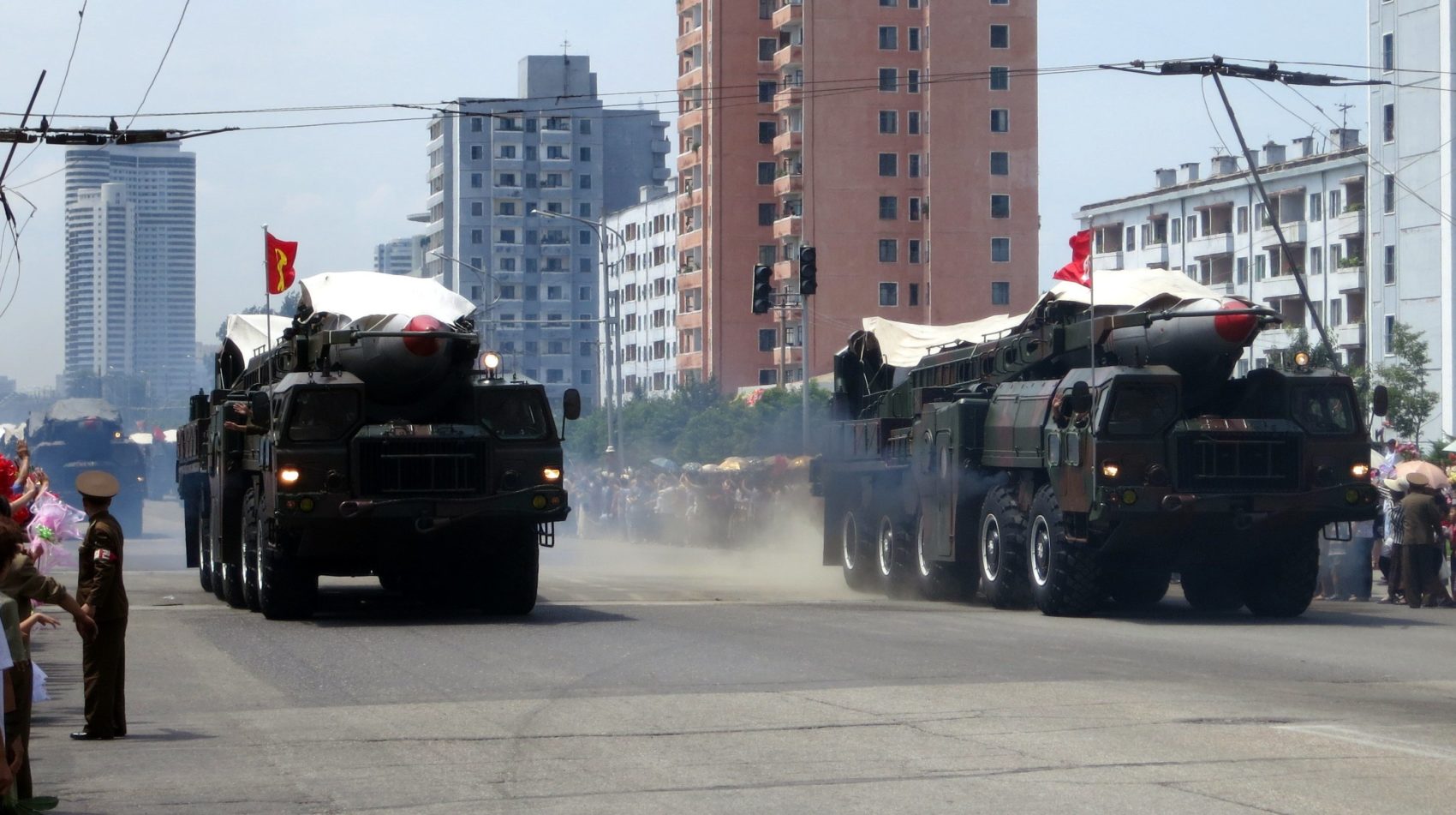
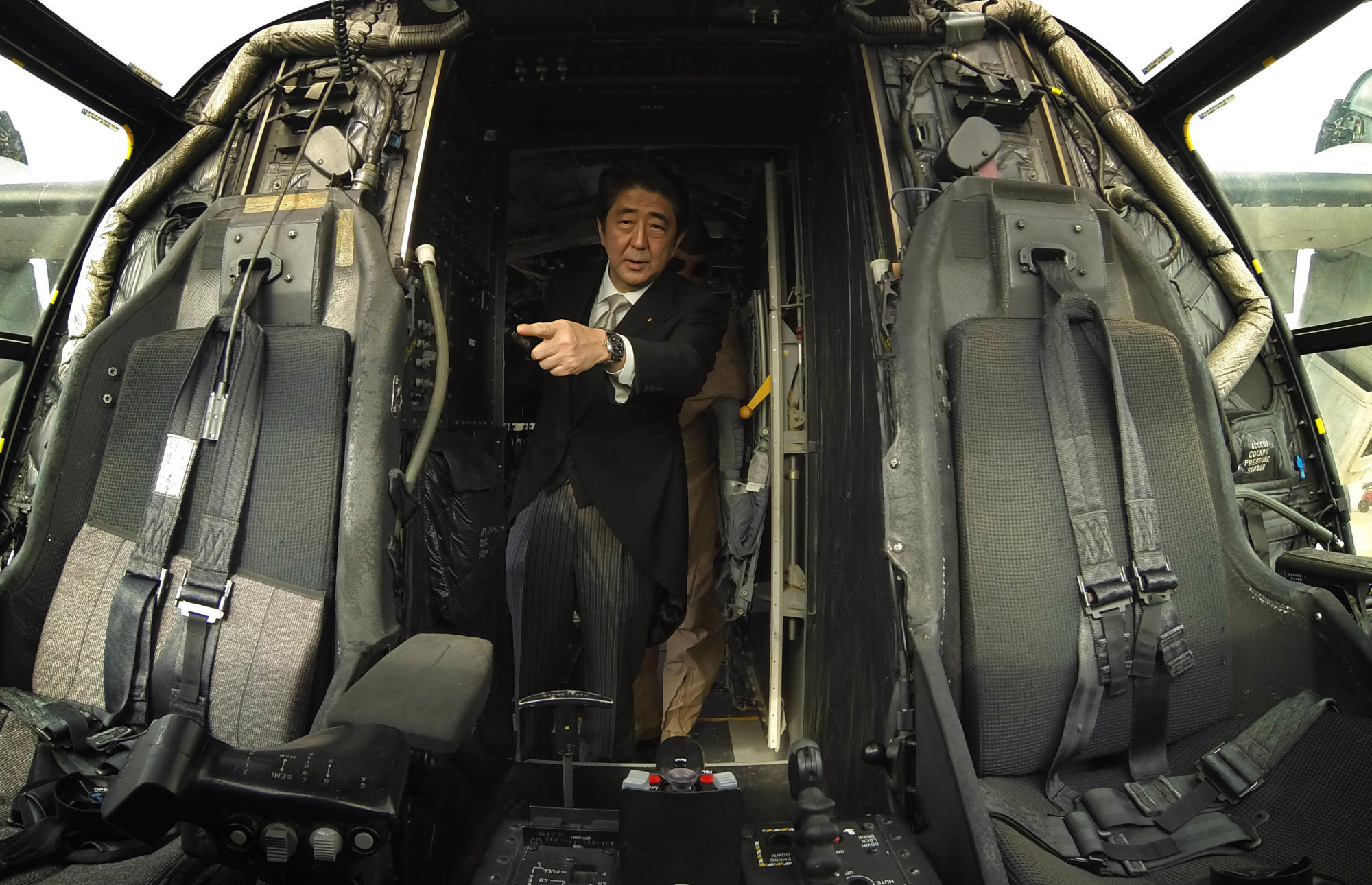
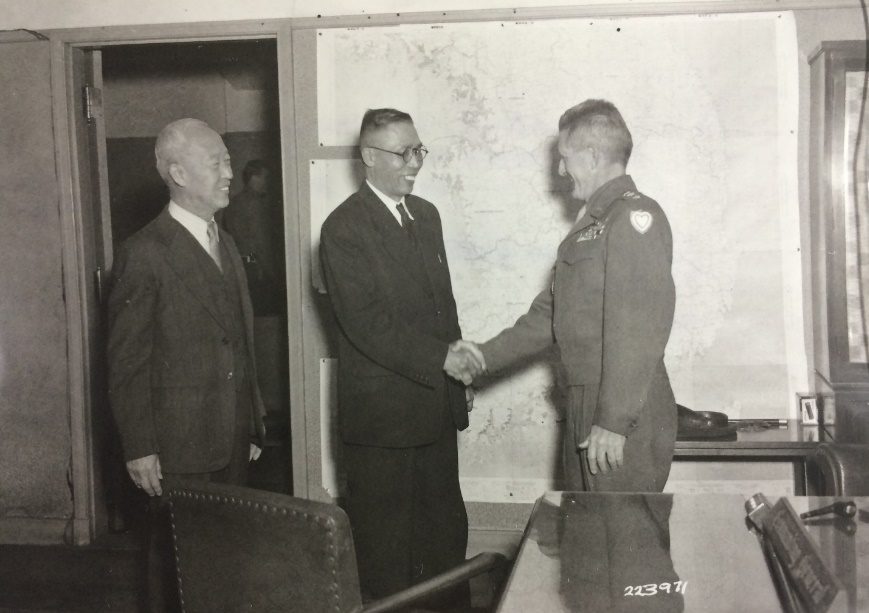
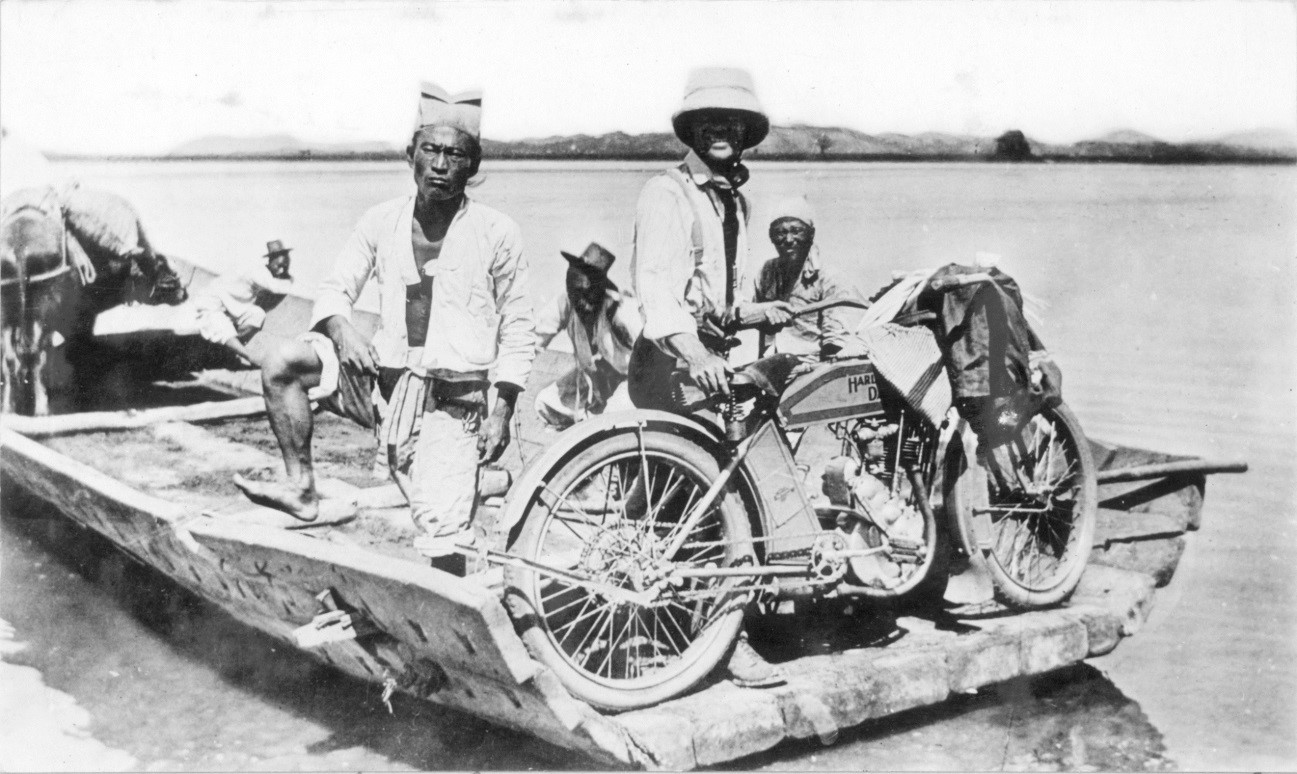
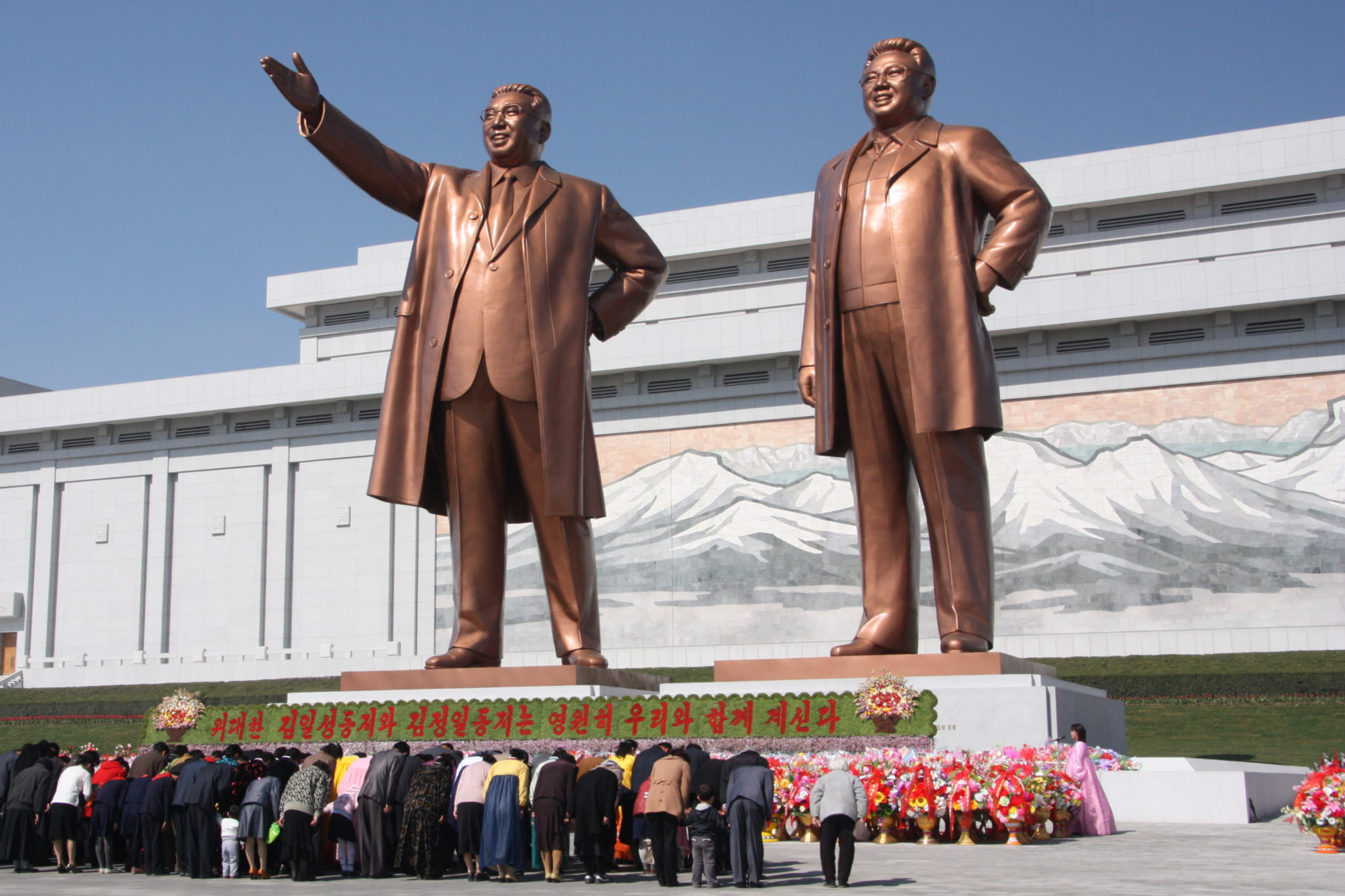
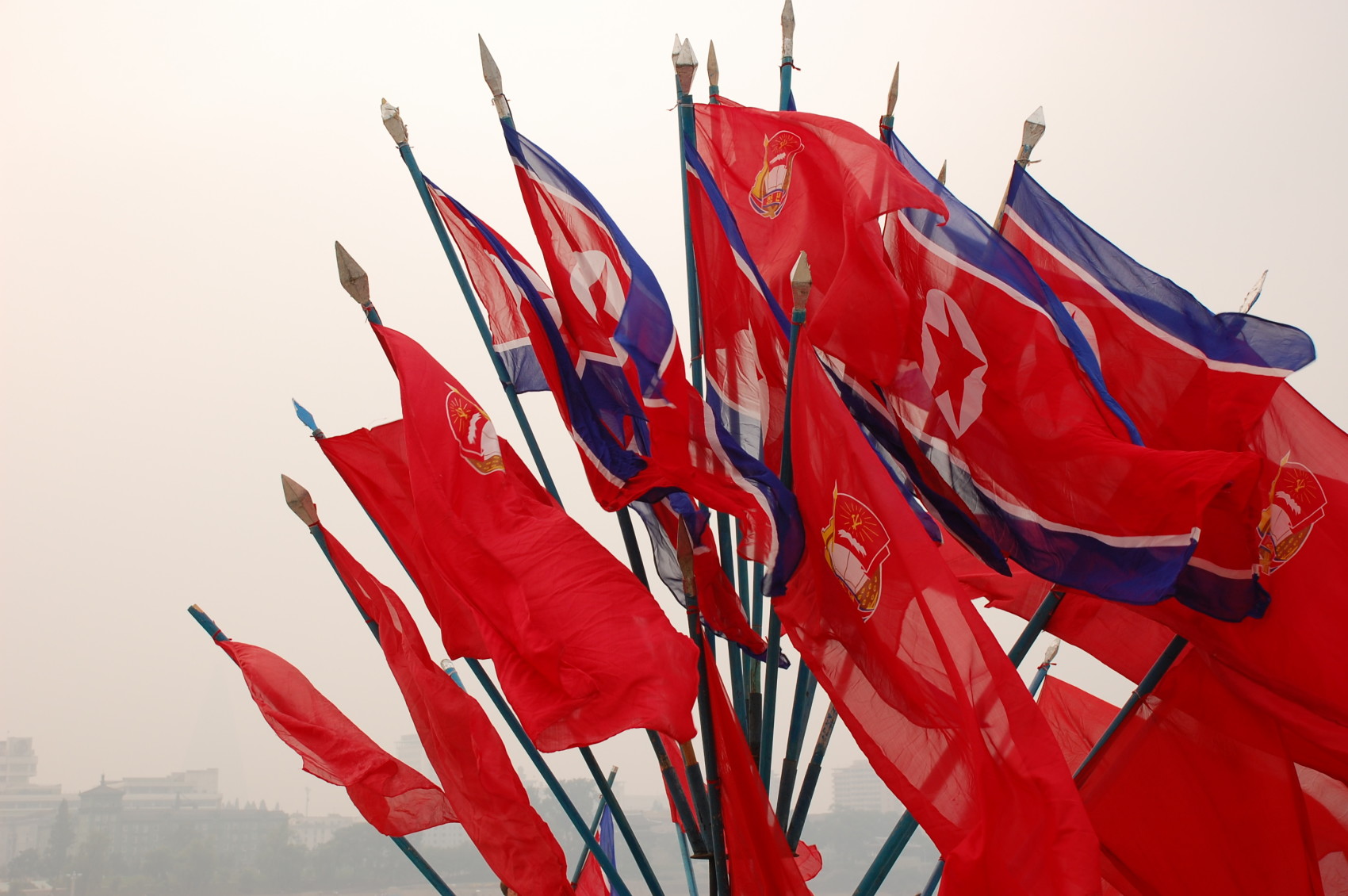
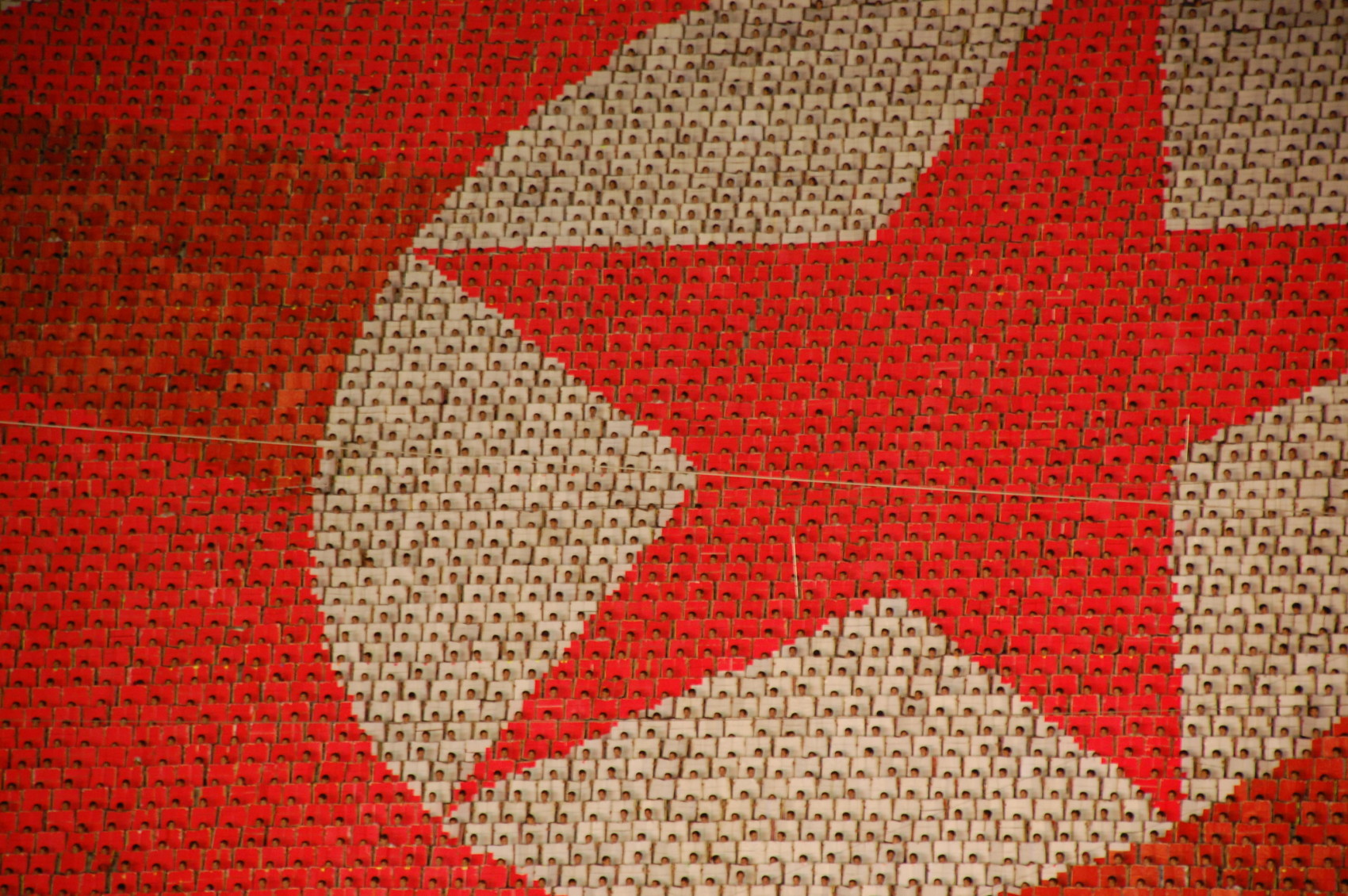
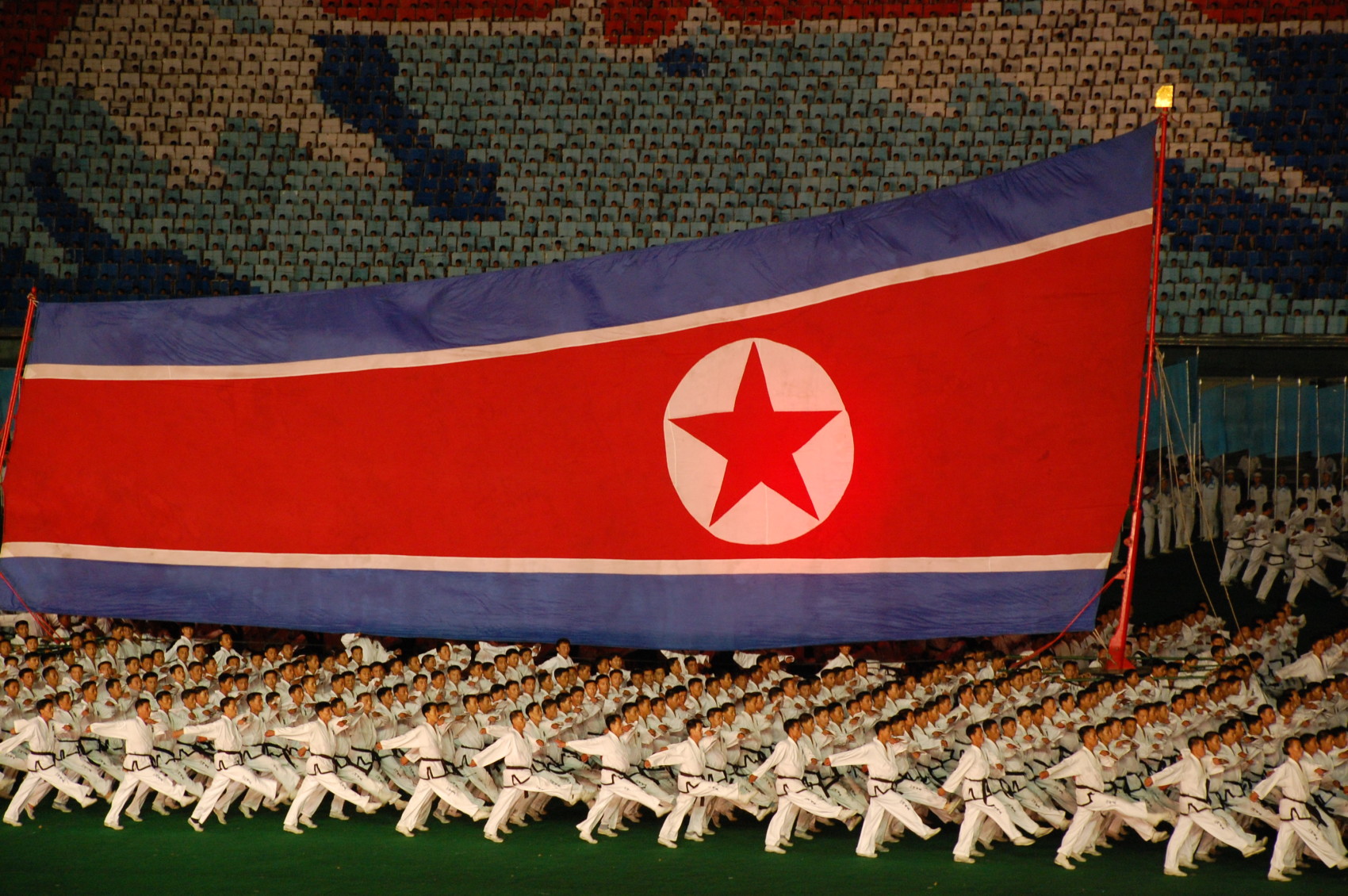

 Sponsor a student for Christianity & National Security 2024
Sponsor a student for Christianity & National Security 2024